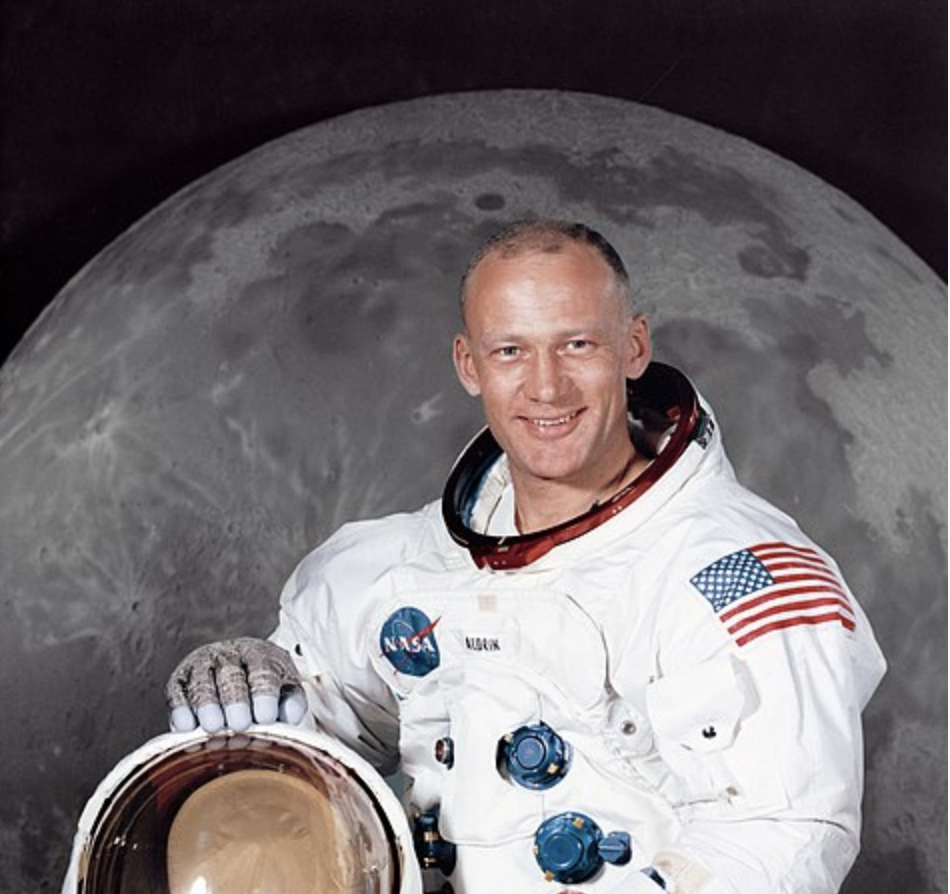Can you be depressed if you’re intelligent but not very successful in life?
You can be depressed whether or not you’re successful in life. On July 20, 1969, Buzz Aldrin reached the pinnacle of success. He became the second human to set foot on the moon.
Soon after this stellar Apollo 11 mission, his 21-year-old marriage disintegrated and he reached a state of depression that led to alcoholism. A short time later, he remarried and that marriage soon ended in divorce. Eventually, he escaped his alcoholism and rebuilt his life, leaving us with the question, “Why would someone who had achieved the ultimate success suffer depression?”

The deep human emotion that enabled Aldrin to strive to graduate third in his class at West Point, to win two Distinguished Flying Crosses and three Air Medals for his air combat in Korea and to obtain a Ph.D. at MIT also enabled him to experience the depths of despair. The only people who never experience depression are those who rarely experience joy. The human brain is not constructed to experience unending joy. An intense release of endorphins through orgasm or high achievement is often followed by a period of melancholy as the brain attempts to return to an equilibrium–a state of homeostasis. We might think of it as the hangover that follows a night of reckless abandon.
The ancient Greeks in their literature recognized the two human moods: joy and melancholy, and they have been represented in Shakespearean plays as comedy and tragedy. English poet, John Milton described each of these moods in his lyric poems, L’allegro and Il penseroso. So we all suffer these emotional highs and lows, yet those who survive to climb the next mountain have discovered how to use those moments of deep depression as springboards to the top. In the words of Maxime Legacé, “Your sadness is a gift. Don’t rush it. Live it fully and use it as fuel to change and grow.”
.
